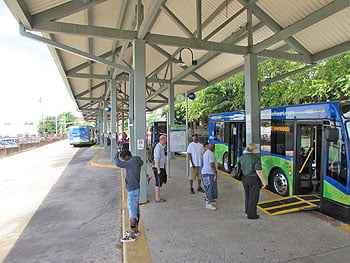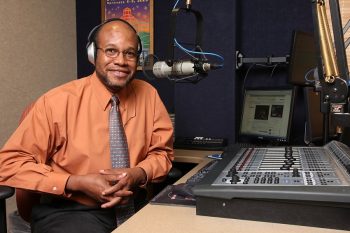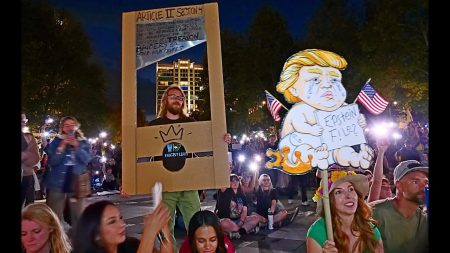Transportation Apartheid
 By Annie Butzner –
By Annie Butzner –
Equity in transportation means a system that works for everyone.
In times of unprecedented income inequality, transportation policy has enormous impact on our community.
Accessible transportation drives the economy and promotes well-being for everyone. Yet community navigators and volunteers participating in activities and pop-up markets at Bartlett Arms see important citizens struggling with groceries in carts and wheelchairs to make it to the French Broad Avenue bus stop. Some residents prefer to stay home rather than walk up and down hills risking a shopping cart or wheelchair out of control.
It takes 400 of my long strides to navigate cracks, lumps, crumbling corners, holes, telephone poles, supports containing wires, manhole covers, pipe openings, and water meters with protruding sharp edges, just to reach the bus stop. Living in Overlook Apartments requires 750 more steps. Citizens with visual and physical impairments may keep driving a car for lack of other transportation.
One resident wearing splints and using a walker shared her experience of walking to the bus and then twice falling inside the bus because she became entangled with a wheelchair. Her injuries required ER visits; she is now unable to attend classes at AB tech and now sits outside the building doing crossword puzzles. Other residents describe the “golden days” when a bus stopped out front and continued to Overlook Apartments, then made a loop and another stop at Bartlett Arms. While visiting Arrowhead Apartments, partially owned by HUD and far from a bus stop, I asked why the bus did not come to the entrance to pick up disabled residents. I was told, “A smaller bus could, but the city bus is unable to turn around here.”
Historic neighborhoods and communities are bisected by highways, making it almost impossible to walk in many areas of city. Due to recent funding cuts to Mountain Mobility, disabled Asheville citizens rely more than ever before on buses for transportation. As a result of this inaccessibility, inequity, and lack of support, “Transportation apartheid” exists in Asheville and Buncombe County.
Everyone is impacted by lack of transportation, and it’s everyone’s responsibility to step up and help Asheville improve its service so that this vibrant city has a state-of-the-art, multimodal, accessible, and affordable system.
From the Editor: The City of Asheville is currently looking for interested citizens to join the Transit Committee. If you are interested in applying, or have questions about the application, please contact Janet George Murr at [email protected] or Transit Committee chair Sue Barlow at [email protected].
Annie Butzner is a Veteran Nurse and Public Advocate who lives in Asheville.







